 Opiates have been around for 5000 years. Derived from the opium poppy, this category of drugs includes heroin, morphine, codeine, and, of course, opium. Nowadays, opiates are often included under the opioid umbrella due to the upsurge in lab-created opioids, leading to an increase in addiction and overdose. Opioids are synthetic versions of opiates and include drugs like fentanyl and Oxycontin. Heroin and other opiates are readily available in most regions of the country and cheap, especially compared to prescription opioids sold illegally. These factors have led to heroin abuse rising steadily over recent years. About one out of 10 veterans have an opiate use disorder. Substance abuse treatment for veterans is the best route toward recovery.
Opiates have been around for 5000 years. Derived from the opium poppy, this category of drugs includes heroin, morphine, codeine, and, of course, opium. Nowadays, opiates are often included under the opioid umbrella due to the upsurge in lab-created opioids, leading to an increase in addiction and overdose. Opioids are synthetic versions of opiates and include drugs like fentanyl and Oxycontin. Heroin and other opiates are readily available in most regions of the country and cheap, especially compared to prescription opioids sold illegally. These factors have led to heroin abuse rising steadily over recent years. About one out of 10 veterans have an opiate use disorder. Substance abuse treatment for veterans is the best route toward recovery.
Veteran-specific opiate addiction treatment in Mississippi is available at UpArmor Recovery. We treat the whole person and seek to maximize your long-term recovery outcomes by not just treating your addiction but also addressing co-occurring disorders, teaching life skills, introducing you to positive habits of mind and body, and supporting you as you return to post-rehab life. Learn how UpArmor’s veteran’s opiate rehab can help you recover. Call 855.211.5537 today.
Opiate Abuse and Addiction
Some opiates are used in medical settings. For example, morphine is commonly used for pain relief, especially at the end of life. Your doctor may prescribe a cough medicine containing codeine when you have bronchitis. If one of these opiates is used not as directed or by someone to whom it was not prescribed, it is considered abuse. Heroin use is always abuse as it is a Schedule I drug, meaning it has no legitimate medical use and is highly addictive. Does your use of an opiate fall into one of the categories above? If so, you are abusing opiates and are at risk of addiction.
Many veterans who are addicted to heroin began using prescription opioids for pain relief after an injury. In fact, among both veterans and non-veterans, well over three-quarters of those addicted to heroin started out using prescription opioids.
Signs of Opiate Addiction
Opiate addiction takes a toll on all areas of your life. Psychological signs of addiction include:
- Depression between highs
- Mood swings
- Intermittent hostility
- Agitation and anxiety
- Lack of motivation and focus
- Disorientation
- Delusions and hallucinations
- Paranoia
Some physical signs are unmistakable, like track marks, but others may be less obvious, such as:
- Sudden or extreme weight loss
- Frequent respiratory infections
- Dry mouth
- Shortness of breath
- Unexplained fever and other flu-like symptoms
- Constricted pupils
- Slurred speech
The effects of opiate addiction on behavior can often have the most far-reaching and devastating outcomes on relationships and lifestyles. For example:
- Hiding or lying about drug use
- Self-imposed isolation
- Increasingly poor communication skills
- Poor personal hygiene
- Secretive behavior
- Struggling to be responsible at school or work leading to probation, job loss, or dropping out
- Drifting off at odd times, even while in public or mid-sentence
If you are a veteran who suffers from an addiction to an opiate like heroin, seek opiate addiction treatment for veterans.
Opiate Rehab Program for Veterans
A veteran’s opiate rehab will provide you with evidence-based therapies and healthy lifestyle coaching, including mindfulness and meditation practices that will help you cope with triggers and reduce your stress response. Some of the therapeutic modalities used by our clinicians in both individual and group therapy settings are:
- Medication-assisted treatment (MAT)
- Cognitive-behavioral therapy (CBT)
- Community reinforcement and family training (CRAFT)
- Dialectical behavior therapy (DBT)
- Eye movement desensitization and reprocessing (EMDR)
- Motivational enhancement therapy (MET)
- Motivational interviewing
All our therapies are trauma-informed and provided in a safe setting where you will feel protected, seen, and heard. Depending on your addiction, medical, and mental health histories, we offer inpatient and outpatient rehab programs. Co-occurring treatment for overlapping addiction and mental health disorders is available and will be provided in a coordinated approach for anyone who fits this criteria.
UpArmor Recovery – Opiate Rehab Program for Veterans
If you are looking for opiate addiction treatment in Mississippi geared toward your specific needs as a veteran of the US armed services, UpArmor Recovery has the program you are looking for.
Reach out today to learn more or get started. Our number is 855.211.5537, or fill out our online form today.

